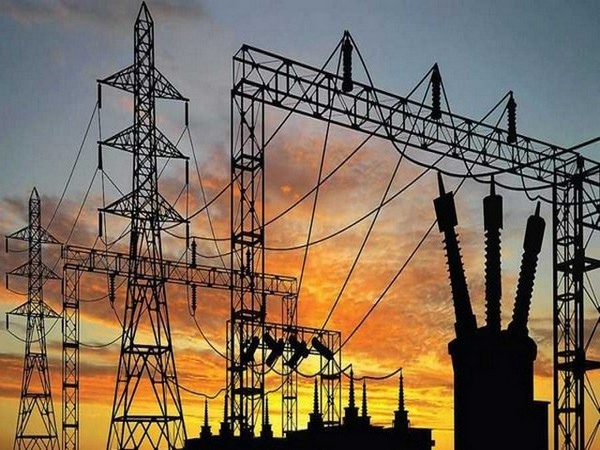ISLAMABAD: The government put on record that it had reached an agreement with bagasse-based power plants for tariff cuts and would take four to six months to revise power purchase agreements (PPAs) with 18 other independent power producers (IPPs) set up under 1994 and 2002 power policies.
With the approval of the federal cabinet last month, Power Minister Owais Khan Leghari announced the pre-mature termination of PPAs with the five oldest IPPs, with annual savings of Rs70 billion (71 paise per unit) or around Rs411bn over the remaining term of their contracts.
However, testifying before the Senate Standing Committee on Power, Prime Minister’s Special Assistant Muhammad Ali, who is also a member of the task force on renegotiations with IPPs, said the savings out of those five oldest IPPs would be around Rs60bn per annum. Senator Mohsin Aziz presided over the meeting of the committee.
Mr Ali said the ongoing negotiations with IPPs were part of the reforms to stabilise the power sector and help industrial and commercial activities to pick up. He said the agreements with five IPPs had been signed last month with the federal cabinet’s approval.
In the second round, he said, the negotiations had been completed with bagasse-based IPPs for delinking their international coal-based pricing indexed to the US dollar.
Their dollar indexation has now been withdrawn and replaced with Pakistani rupee. He said a formal summary had been sent to the federal cabinet for formal approval of these changes to the IPPs set up by sugar mills on cane residue, called bagasse.
Mr Ali told the committee that nowhere in the world did bagasse-based power generation have any linkage to coal prices and that, too, in dollars. The renegotiations with IPPs of sugar mills had now been aligned to the tariff structures in other countries.
He said this was part of the government strategy to increase reliance on local fuels and reduce dependence on imported fuels that were subject to fluctuations in the global markets, resulting in foreign exchange outflow.
Mr Ali said the ever-increasing and unaffordable energy costs led the government in 2019 to examine IPPs contracts and tariffs as many of them were earning returns going beyond 27 to 30pc as the 1994 power policy offered upfront tariffs and the 2002 policy provided equity-based returns linked to exchange rate despite being a local investment.


